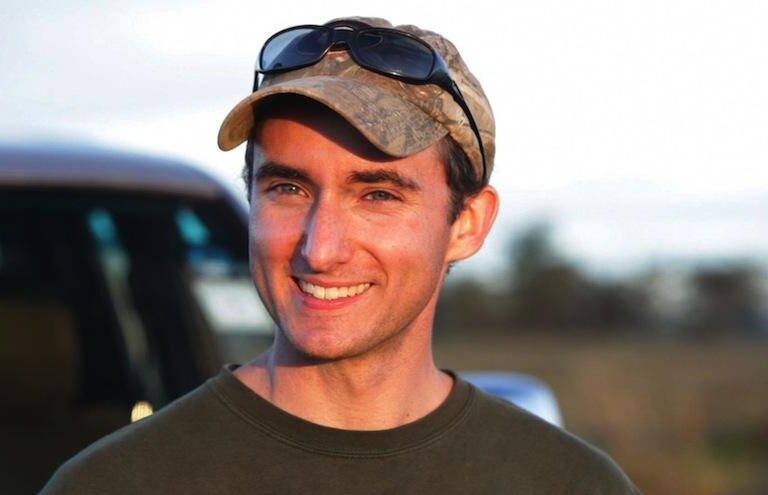Tyler Kartzinel likens protecting biodiversity to enhancing cellphone networks. His analogy is pretty straightforward: look for gaps in coverage, and then do what’s needed to fill them. “Engineers have figured out how to look for dead zones and enhance coverage,” Kartzinel, associate professor of ecology, evolution and organizational biology at Brown University in the U.S., told Mongabay in a video interview. “They look for where the need is and plug the gaps.” That, according to Kartzinel, is exactly what scientists need to do when it comes to DNA sequencing technology. In recent years, DNA sampling and analysis technology have advanced rapidly, with scientists using drones and robots to collect samples from the remotest corners of the world. But a common grouse persists: the lack of extensive reference libraries against which scientists can compare samples to identity species. A study led by Kartzinel and published in the journal Molecular Ecology looks at how reference libraries are faring. While databases were found to cover a quarter of the plant species that the team looked into, they found “coverage gaps in tropical biodiversity hotspots” reflecting “well-documented biases in biodiversity science.” The study found that at least 17% of the plant families they looked into lacked any reference data. “There’s hundreds of years of power asymmetries and economic inequities that have privileged biodiversity studies in some parts of the world versus others,” Kartzinel said. “In areas which could arguably benefit the most from this technology, we’re actually most limited in the data sets.” He…This article was originally published on Mongabay
Search
Recent Research
Want your Blog Article featured on our website?
Research
Featured News
Explaining Katsina’s Massive Leap to 2nd Position in the 2025 Climate Governance Ranking
In 2024, during the first edition of the Subnational Climate Governance Performance Rating and Ranking,
COP30: Firm to connect institutions with international climate finance opportunities
SISTME, a climate change and biodiversity conservation consulting firm based in Argentina, has offered to
From resistance to planetary governance, Indigenous women redefine global climate action
While world leaders negotiate behind closed doors in the Blue Zone of COP30, Indigenous Women
Sahara Group Foundation launches 16th Sahara Go Recycling Hub to boost environmental sustainability, economic empowerment
Sahara Group Foundation, the corporate social impact arm of Sahara Group, has commissioned its 16th
Climate finance is the lifeblood of climate action – Simon Stiell at COP30
Remarks delivered by UN Climate Change Executive Secretary, Simon Stiell, at the third High-Level Ministerial
UNDP, REA, GEF commission Plateau solar mini-grid to power agricultural value chains, empower rural communities
The United Nations Development Programme (UNDP), in partnership with the Rural Electrification Agency (REA) and
COP30: Africa urges world leaders to turn pledges into action
Africa has called on the world leaders to turn their pledges into action regarding the
Thousands join global marches calling on govts at COP30 to deliver climate justice
An estimated 30,000 people marched through the Brazilian city of Belém on Saturday, November 15,


